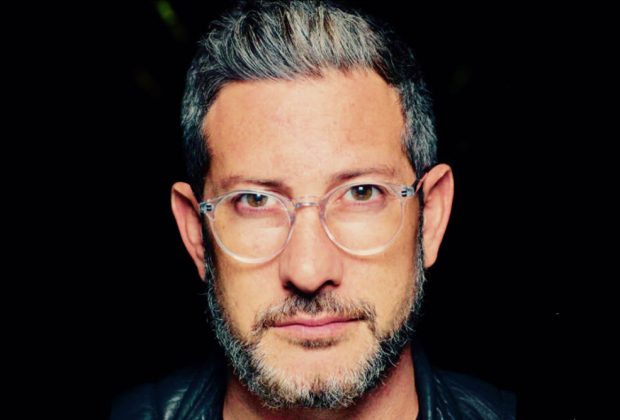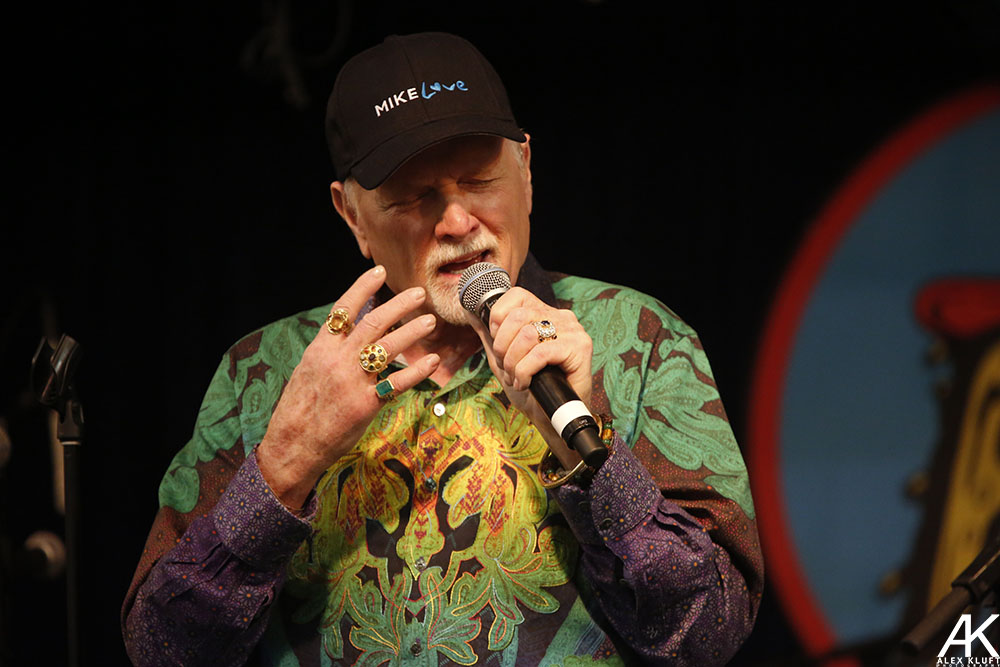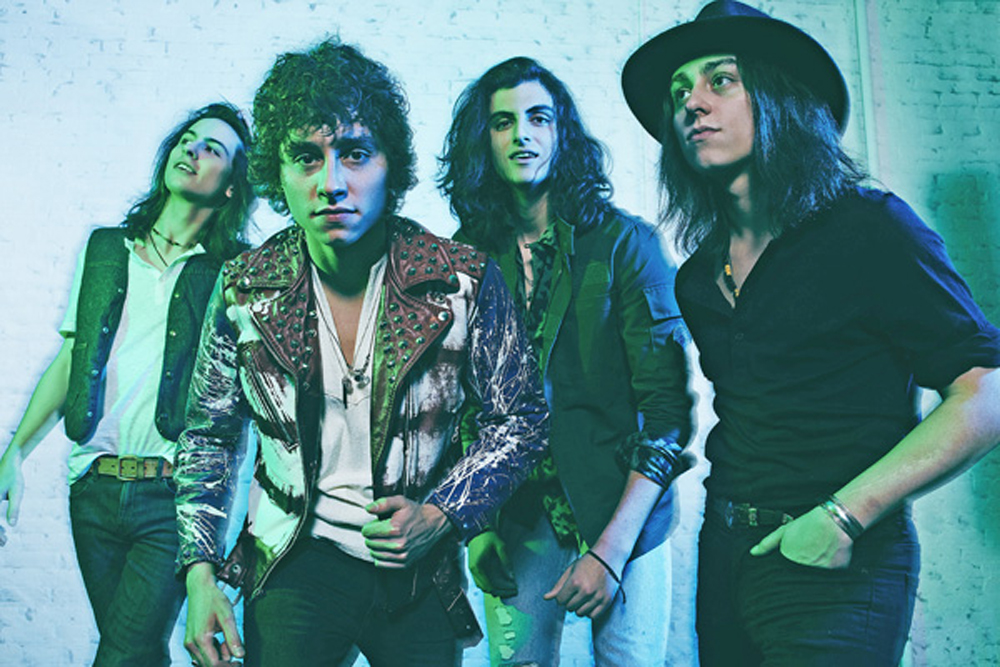BACKGROUND
At 18, Jason Swartz began promoting hip-hop concerts in Los Angeles. Eventually, it made more sense to become an agent to these artists, as he was already funding as much as a third of their touring. Rap artists put Alliance Talent on the map, but the bi-coastal company has since branched out to representing pop and dance acts like Swedish House Mafia and Justin Bieber. More recently, they’ve shaken up the industry with their social media monetization strategies.
Evolution
My business evolved from being an agent representing musicians to one also representing hotels, music festivals and private events, basically getting them any talent they want, so we started branching out. As we expanded internationally, we started to get into other fields, like social media and music publishing. We started bringing an array of deals to these artists, because we have deep relationships with so many artists that there’s no reason to just limit [ourselves] to concerts and tours. A big part of our business now is managing social media assets and helping people monetize them.
The Opportunity Hustle
When I was young, hip-hop artists were the most open to working with new agents, people who were hustling. Rock and pop were a very closed off set of opportunities that really weren’t available to me. I had to kind of get in where I fit in. As I got older, more established and respected, it made it easier for me to work with other genres.
But also, music and times change. A lot of artists that were considered underground became pop. Over the last ten years, we’ve seen a huge explosion with electronic music. So as people’s demands for different genres changed, I had to adapt to those changes and build relationships to include genres outside of hip-hop.
Servicing Different Needs
Different artists have different needs at different times. Some people aren’t open to everything and may already have people to handle things for them, but they know we can provide [what they need]. I don’t go to somebody and say, hey, I’m only going to book you for this festival if you also let me handle your social media needs. My job has always been to present all the opportunities I can find for the artist.
The Dotted Line
Contracts are there to outline everybody’s expectations. I’ve never gotten into a lawsuit with an artist, but it’s important to have a clear, concise piece of paper so everybody can understand what the expectations are. That way, when there is confusion, it’s there for us.
When things happen, we’re usually able to work it out––reschedule dates or, if it’s a social media deal that money’s already been paid for, they can give it back. Or, if something was executed wrong in terms of a social media campaign, maybe they post a bit more than originally expected so the brand’s happy. My goal is always to make everybody as much money as possible, have it be as easy and stress-free as possible. That’s a big reason people continue to work with me––we know how to deal with different personalities and where to set expectations so everybody’s happy.
Always Accessible
We work all over the world; we have partners in China, Norway and the Middle East. We’re based in L.A. and New York, so we really are spread across the globe in terms of our ability to help with things whenever is needed. And we’re available 24 hours a day. We have eight employees who are full-time and maybe 10 consultants. I pride myself on being a smaller, leaner company that is readily available, even on weekends.
Counterintuitive Brand Matching
Oftentimes, we find that the brands that best help build [an artist’s] fan base are things that are counterintuitive. For example, Snoop Dogg, who’s known for hip-hop, marijuana and the gangster era, doing a cooking show with Martha Stewart could be brilliant because it’s counterintuitive to who he is. His existing fans are going to follow everything he does, but now it’s also people who’ve never heard of him before.
There are a lot of artists like that. Doing something totally counterintuitive, when done with a sense of humor and in a way that makes sense, can really help expand an artist’s fan base to a much larger audience.
Worldwide Barriers
Fifteen years ago, having multiple currencies and not having the applications we have now for tracking flights, hotels and transportation, those were big challenges. A lot of that is now gone. Even the language barrier is gone, because so many applications allow you to translate email and with globalization everybody has a better understanding of English.
The one thing that is still a huge challenge, particularly when dealing with the Middle East, South America and Asia, is their culture of doing business is very different––where people’s starting points are in terms of negotiations, how many counters may go back and forth and also the speed and pace at which people make decisions. There’s still a big cultural divide in terms of understanding how people want to go through the process.
Disrupting Social Media
As far as I know, I was the first company to scale Facebook monetization to the music industry. About three-and-a-half years ago, I learned there were a few people doing this with comedians and athletes. Once I learned how the business model worked in terms of monetizing social media in ways that allowed us to make money off the number of views content would get, it created an interesting business model that could be scaled to artists.
When we started doing this, companies would charge artists to build up their following. We disrupted the industry, because we weren’t asking for money. It went from them paying a service company to us providing a service for them and making them money. The idea of not having to pay for it and still getting the same service, let alone make money on top, was a no-brainer win for most people.
Don’t Miss Out
Making money off social media outlets is essential for anybody in the music business. If you’re not making money off of it on a consistent basis, you need an extra person on your team to focus on that. Without having a dedicated team whose job it is to focus on this, you’re going to be doing it at a mediocre level.
Building a Following
Before artists tour, they need to have good music and a good show prepared. Artists are going to make new fans from their live shows only if they come with a fantastic live performance and there’s already some momentum behind their music.
At the same time, there’s so much you can do through online platforms to build up your following before you go on the road. That’s something artists need to focus on. And find a specific niche that’s going to set you aside from other people in terms of look and sound.
Online Promotion
If artists can do clever things that attach them to trending topics and integrates their brand and music along with those moments, it’s going to help bring attention. And once they’re in that spotlight, things can move very quickly. There was a song, “Juju On That Beat,” which became a huge viral song mostly because of this presence online which allowed that artist to tour and make tens of thousands of dollars a night.
Years with Company: 10
Address: 8560 W. Sunset Blvd., 5th Floor, West Hollywood, CA 90069
Phone: 323-465-9088
FAX: 323-657-5302
Web: alliancetalent.net
Email: [email protected]
Clients: Art Basel, Belvedere Vodka, Red Bull, Sundance Film Festival, Hard Rock CafО, Vail Resorts, Thompson Hotels, Digital Domain, myspace, Palms Hotel, Kendrick Lamar, A$AP Rocky, Diddy, B.O.B.













